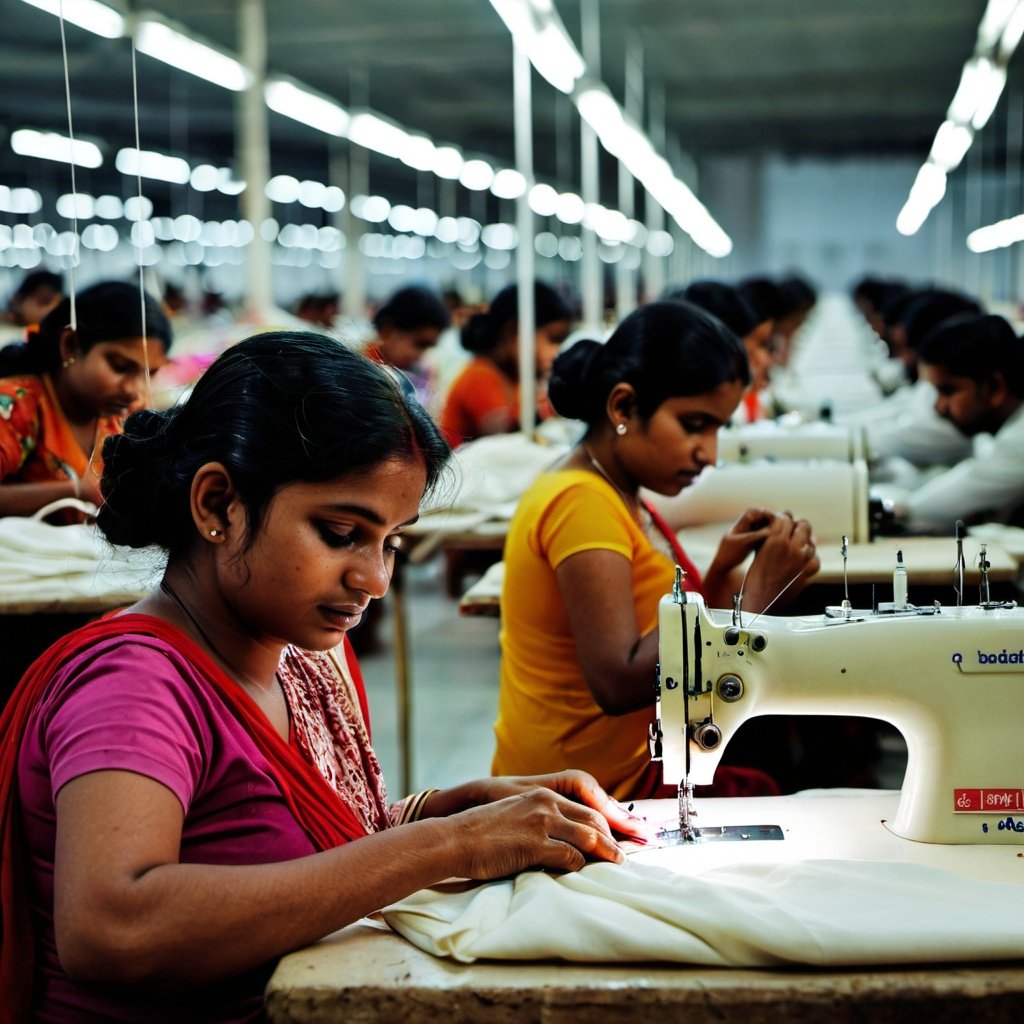In recent years, allegations have surfaced linking India’s intelligence agency, the Research and Analysis Wing (RAW), to worker unrest in Bangladesh, particularly in the country’s crucial garment and textile industry. While there is no solid evidence to substantiate these claims, such accusations have generated significant debate in both countries, hinting at the larger geopolitical tensions and economic competition that exist between them.
Understanding RAW’s Role and Mandate
The Research and Analysis Wing (RAW) is India’s primary foreign intelligence agency, established in 1968. Its mandate is to gather intelligence, monitor regional security, and protect India’s interests abroad. Given its focus on national security, RAW has historically been involved in intelligence gathering on neighboring countries, including Bangladesh. However, allegations that it is actively inciting unrest within Bangladesh’s labor force remain speculative.
Bangladesh’s Garment Industry: A Vulnerable Sector
The textile and garment industry is the lifeblood of Bangladesh’s economy, employing millions of workers and contributing significantly to its GDP. However, the sector has been marred by repeated worker protests and strikes due to poor wages, unsafe working conditions, and other labor disputes.
The narrative that RAW could be linked to such unrest primarily stems from the notion that destabilizing this vital sector could weaken Bangladesh economically. Critics argue that if there were interference from external actors, the goal might be to exert pressure on Bangladesh’s government or disrupt its economic stability.
The Allegations and Their Origins
Rumors about RAW’s involvement in Bangladesh’s internal affairs are not new. Several Bangladeshi political factions and leaders have sometimes pointed fingers at India when unrest, particularly in sensitive sectors like the garment industry, flares up. These claims suggest that RAW may exploit existing vulnerabilities, such as worker dissatisfaction and political unrest, to fuel tensions.
Proponents of this theory argue that by supporting discontented workers or backing labor movements, RAW could be attempting to disrupt the industry, which in turn could weaken Bangladesh’s economic standing. However, critics dismiss these allegations as politically motivated conspiracy theories aimed at diverting attention from domestic labor issues.
No Concrete Evidence
Despite the ongoing allegations, there is no concrete evidence directly linking RAW to the worker unrest in Bangladesh. Labor disputes in Bangladesh’s garment industry have deep roots in structural issues such as poor wages, lack of worker safety, and political negligence. These challenges are long-standing, and many experts believe that any unrest is more likely a result of internal issues rather than external manipulation.
Furthermore, India and Bangladesh maintain a complex yet cooperative relationship. Both countries benefit economically from their trade relations, and India’s interest in destabilizing Bangladesh would seem counterproductive given the intertwined economic and security concerns they share.
Conclusion: Allegations or Reality?
While the notion of RAW’s involvement in worker unrest in Bangladesh has sparked debate, the lack of substantial evidence makes it difficult to validate these claims. The situation highlights the broader geopolitical dynamics between India and Bangladesh, where economic competition, political tensions, and regional security are constantly at play. For now, the claims linking RAW to the unrest seem more rooted in speculation and regional politics than in verified intelligence or actions.
Addressing the root causes of worker unrest in Bangladesh—fair wages, safe working conditions, and labor rights—remains critical, regardless of the external narratives that attempt to explain these tensions.
